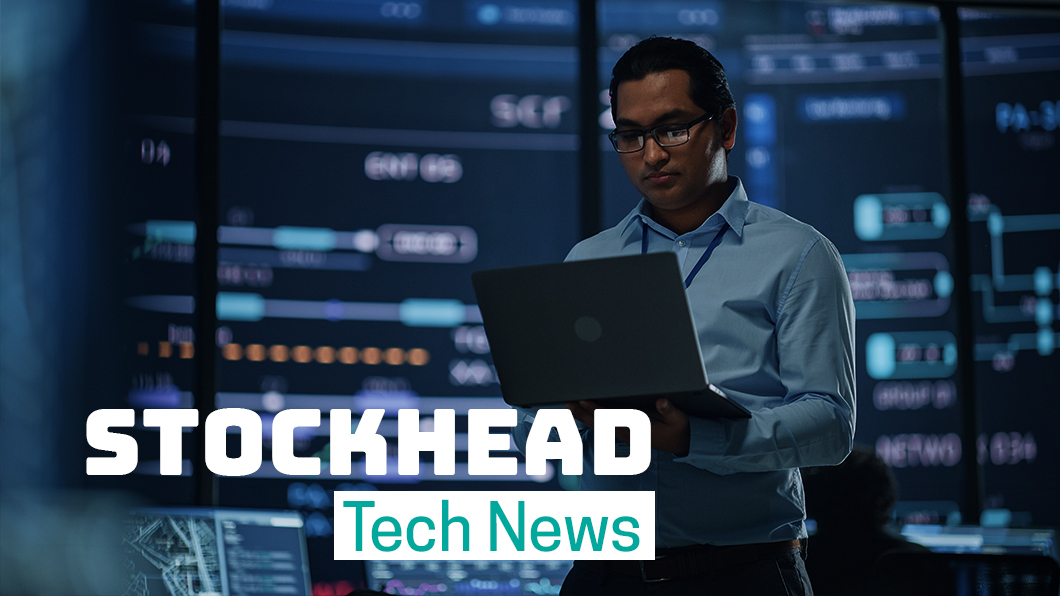IPO Watch: Nexion says it’s the real cloud, the others are just imitating

Pic: gorodenkoff / iStock / Getty Images Plus via Getty Images
Nexion, a company that may stir memories of M2 and the Superloop IPO, has scrapped a convertible note raising and headed straight into pre-IPO fundraising.
The company intends to raise $5m at a pre-money valuation of $9.75m before the end of February, before completing an IPO priced around $1.10 by the end of June.
Nexion sells pure cloud services, a term CEO Paul Glass says has been overused but is the correct description of the business he cofounded.
In short, Nexion provides localised ‘nodes’ in cities, or connection points where businesses can access its private cloud, as well as all of the ICT services that companies may need to do business online.
“A lot of companies in the past have adopted the terminology ‘cloud’ and used that as a basis for their product and their growth. I’m not saying they were wrong, but the Nexion multcloud product is unique in the market,” he told Stockhead.
“The word cloud has been overused.”
That overuse has led to initial difficulties with investors burned by previous ‘cloud’ promises, such as companies like DXN (ASX:DXN) which raised money in April 2018 to build a data centre that took over a year to deliver, or Zyber (ASX:ZYB) which promised a cloud-based secure file sharing software in 2016 and is yet to deliver.
Glass says they have some investor education ahead to explain precisely what they do, mostly around the fact that they have customers and, as of December 31, are profitable.
Going dark
Glass calls the Nexion approach a multicloud or hybrid system: companies can use public clouds such as those run by Google or Amazon, but some legacy systems need to be on a private cloud — hence the hybrid approach.
Nexion provides a link into the public clouds, while owning and operating nodes for private clouds in six Australia and New Zealand locations.
Investors with long memories may draw a link with M2 Telecommunications, a once-$2bn company which merged with Vocus in 2016. It was known for owning Dodo and iiNet, but a backbone of its revenue was a business called Commander.
Commander built dark fibre networks — private infrastructure that a company could use instead of buying access to, say, the shared Telstra network, without their data travelling down the same pipes and wires as anyone else’s.
Before its merger with Vocus, M2’s dark fibre technology was hailed as the next big thing in networks.
Superloop (ASX:SLC) listed around the same time, in 2015, a company made up of dark fibre assets that had been spun out Megaport (ASX:MP1) a year earlier. It has not been so kind to investors, trading around 92c after listing at $1.
Public money is easier money
Glass says they torched an idea to raise almost $600,000 from a convertible note before a pre-IPO raise ahead of an IPO, after investors said there were no other pure cloud owner operators on the ASX.
“The multicloud market is proving to be an area of high demand. Companies want to have a multicloud or hybrid cloud strategy as they can’t go solely public,” he told Stockhead.
However, in order for new customers in new locations to access its cloud services, Nexion must build new nodes in new cities, which costs money.
Glass says they are going public in order to raise money quickly after winning contracts, rather than returning after each win cap in hand to private investors.
Two deals in December mean Nexion is profitable, one with a major multinational which they can’t yet name and the other with a hotel development called Windfold Towers where they’re providing all ICT services.
The former will deliver total one-off and recurring revenue of almost $1m and the latter $850,000.
UNLOCK INSIGHTS
Discover the untold stories of emerging ASX stocks.
Daily news and expert analysis, it's free to subscribe.
By proceeding, you confirm you understand that we handle personal information in accordance with our Privacy Policy.








